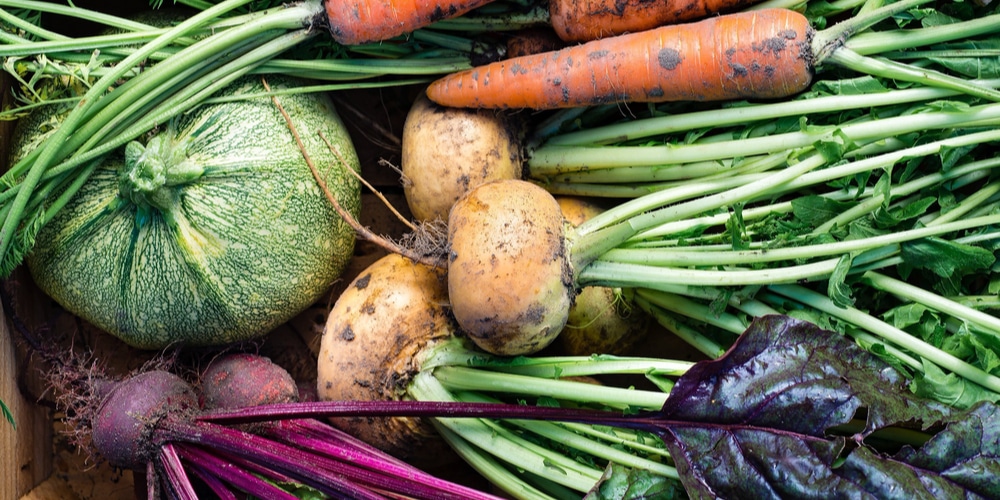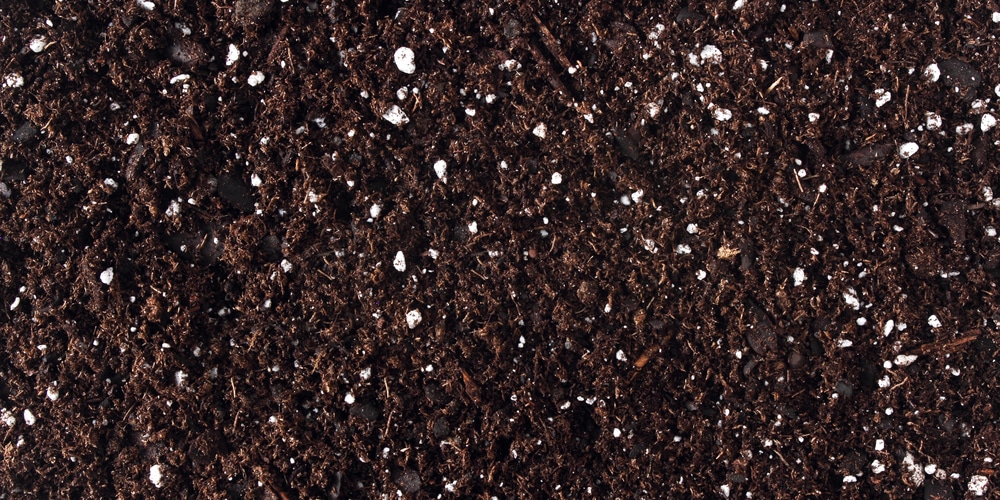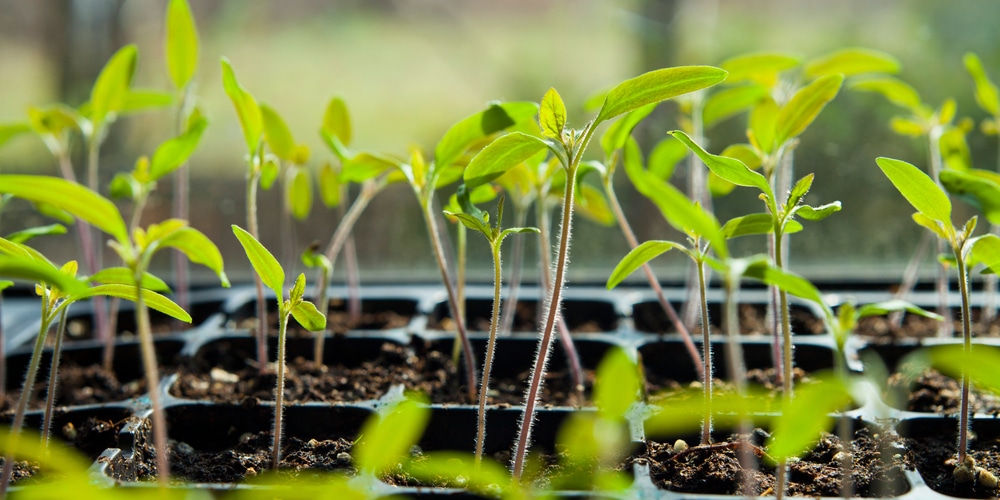You might have heard from your friends how fun and rewarding it can be to grow vegetables in your yard! But what if you don’t have a garden? Does that mean you need to abandon your dreams of getting home-grown tomatoes or cucumbers?So, if you are trying to find out about the best potting soil for vegetables, look no further.
The truth is that it is possible to grow vegetables in a pot. However, you’ll need to take good care of them to get satisfactory results. But with the appropriate care, you’ll be able to get plenty of harvests!
But taking care of a vegetable garden goes beyond simply watering your plants once a week. You may know this already, but the right potting mix can make a considerable difference.
In this essential guide, we included our top choices so that you can select the one that betters suits your needs (and preferences).
Best Potting Soil For Vegetables: Soil Types

If you are into gardening, you might already know that not all soil types are suitable for growing vegetables. For instance, lighter textured mixes are better for seed starting, while those including a high percentage of pine bark or sand are better suited for growing potted trees.
Finding good quality potting mix might be challenging. To help you assess a product you might be interested in, look for the following characteristics:
- The soil must have a pleasant smell
- You shouldn’t see bugs or weed seeds germinating from the bag
- The mix shouldn’t be soggy
- It should include compostable organic matter
- It shouldn’t have too much bark
Most indoor growing mixes should contain natural ingredients: a combination of peat moss, vermiculite, perlite, and coconut fiber is ideal because it will provide your plants with the proper aeration, essential for growth.
With that in mind, jump to the following section to learn about our favorite soil types to grow veggies.
All-Purpose Potting Soil

High-quality all-purposes mixes are great choices to grow vegetables in a container. Keep in mind that most products might not contain a fertilizer to boost vigorous plant growth. And those that have fertilizer might result in lush foliage but not much fruit production.
After all, your veggies need nutrients that encourage blooms to produce harvests. So, if you want to stay on the safe side, pick an all-purpose mix without fertilizer.
You will always be able to add one later and select a product that suits your needs.
Organic Mixes
If you like growing organic food, you should go for an organic potting mix. Look at the composition of the bag; it should only contain natural nutrients such as fish emulsion or bone meal and no chemical fertilizers. Organic potting mixes work well for heavy feeders such as tomatoes, peppers, and cucumbers.
Of course, one of the perks of using organic potting soils is that you can make them at home. Indeed, store-bought organic potting soil mixes can be pricey.
To begin with, you’ll need to use topsoil as the base. Ensure you buy a high-quality product to avoid drainage or retention issues. Add some compost to protect your plants from extreme heat and improve the nutrient content of the mixture.
To increase retention and improve the texture, consider adding some perlite. Doing so will keep the soil loose and improve drainage. To ensure your plants get all the nutrition they need, consider purchasing worm castings: they are the ultimate slow-release fertilizer for vegetables!
Plant-Specific
You may not know this, but there are plant-specific potting mixes, even for vegetables. After all, different plant varieties have different nutritional needs.
For instance, you may know that tomatoes prefer more acidic soil. And getting a tomato-specific potting mix will help you produce strong and healthy plants by balancing the pH for these fruits’ growth.
Of course, getting such products isn’t a must because you can always amend the soil to suit a particular plant’s needs afterward.
Seed-Starting
Starting vegetable seeds is the first step to ensuring successful harvests. For this reason, it is never a bad idea to invest in appropriate seed-starting mediums. Such mixes should be light and fluffy, allowing seedlings to establish in the soil without problems.
Also, don’t forget that seed-starting mediums must be sterile: the presence of bacteria or other contaminants might destroy your tender seeds!
Related Article: When to Transplant Pepper Seeds
